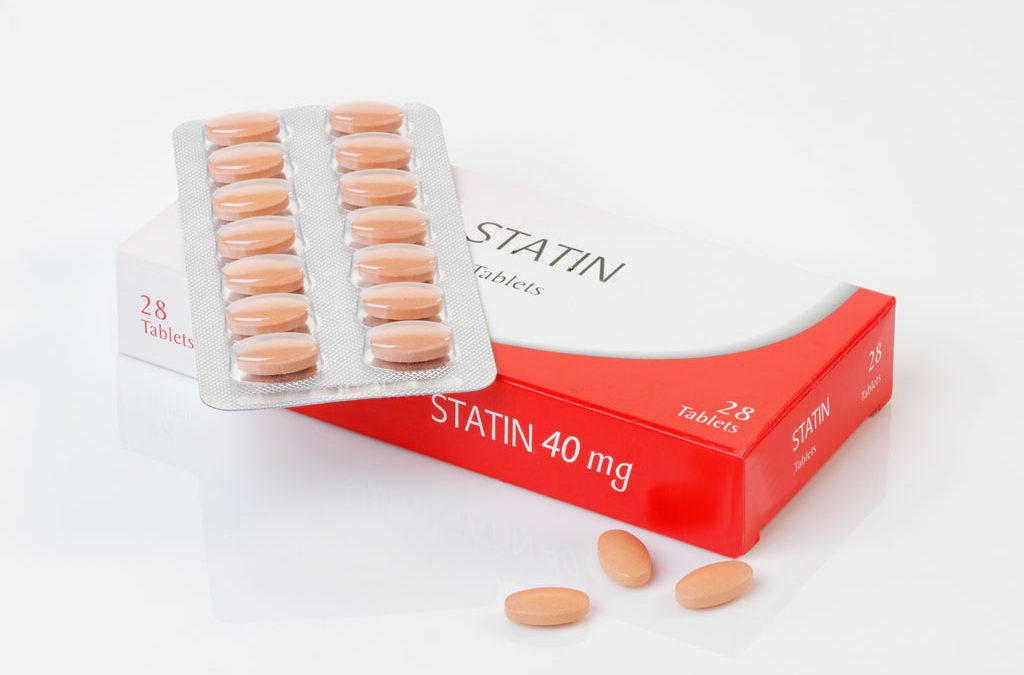Medical News Today Article By Corrie Pelc on January 24, 2024 — Fact checked by Amanda Ward
Previous research shows that people who have cardiovascular disease — such as heart failure — are at an increased risk for dementia, including Alzheimer’s disease.
Statins are a type of medication used in certain to help lower cholesterol levels and help protect against stroke and heart attack.
Additionally, statins may be used in both the prevention and treatment of heart failure.
Now researchers from the University of Hong Kong have found statins may help lower dementia risk — including Alzheimer’s disease — in people with heart failure.
The study was recently published in the journal Lancet Regional Health.
Do statins prevent dementia or cognitive decline?
Corresponding study author Prof. Kai-Hang Yiu, clinical professor in the Cardiology Division of the School of Clinical Medicine at the University of Hong Kong, Shenzhen Hospital, and Queen Mary Hospital, Hong Kong, China, explained to Medical News Today why his research team studied the potential association between statin therapy and dementia incidence among patients with heart failure.
Prof. Yiu said previous research suggested that statins may have neuroprotective effects in addition to their cholesterol-lowering effects.
“It is noted that non-cardiovascular outcomes are increasing among heart failure patients, especially dementia,” Prof. Yiu said.
“Therefore, it was important to investigate whether statin therapy could potentially reduce the risks of dementia incidence and its subtypes, including Alzheimer’s disease, vascular dementia, and unspecified dementia in patients with heart failure.”
This is not the first study to look at statins lowering dementia risk. A study published in December 2023 found people who took statins experienced improved cognition over a period of three years.
And research published in February 2018 reported statins may provide a therapeutic role in targeting neurotoxicity caused by the protein beta-amyloid, which is considered one of the causes of Alzheimer’s disease.
Statins linked to decreased Alzheimer’s risk
For the present study, Prof. Yiu and his team analyzed data from more than 104,000 people with a primary diagnosis of heart failure within the Hong Kong Clinical Data Analysis and Reporting System database. About 54,000 people used statins, and about 50,000 did not.
Scientists analyzed four types of statins people used, including:
- simvastatin
- atorvastatin
- rosuvastatin
- fluvastatin
They also examined their risk for three types of dementia — Alzheimer’s disease, vascular dementia, and unspecified dementia.
Upon analysis, researchers reported that statin use was associated with a 20% lower risk of incident dementia compared to not using a statin.
Scientists also found that statin use was associated with a 28% lower risk of Alzheimer’s disease, 18% lower risk of vascular dementia, and 20% lower risk of unspecified dementia.
“I was somewhat surprised to find such a strong association between statin use and a lower risk of incident dementia in heart failure patients,” Prof. Yiu said.
“While there has been some previous research suggesting that statins may have neuroprotective effects, the magnitude of the effect that we observed in our study was quite substantial.”
How do statins lower dementia risk?
Based on the current understanding of statins and their potential effects on dementia risk, Prof. Yiu said there are several mechanisms that may explain their beneficial effects.
Firstly, he explained, statins are primarily used to lower cholesterol levels, and high cholesterol has been associated with an increased risk of dementia.
“By reducing cholesterol levels, statins may help to prevent the buildup of plaques and tangles in the brain, which are characteristic features of Alzheimer’s disease,” Prof. Yiu added.
Secondly, Prof. Yiu pointed to the anti-inflammatory properties of statins.
“Chronic inflammation is thought to play a role in the development of dementia,” he explained. “By reducing inflammation, statins may help to protect the brain from damage and neurodegeneration.”
“Thirdly, statins have been shown to improve endothelial function, which is a significant risk factor for vascular dementia,” Prof. Yiu continued.
“Finally, statins have been found to have antioxidant properties, which can help to reduce oxidative stress in the brain. Oxidative stress is known to contribute to the development of neurodegenerative diseases, including dementia.”
“It’s important to note that while these mechanisms provide a plausible explanation for the observed reduction in dementia risk associated with statin use, further research is needed to fully understand the exact mechanisms,” he added.
More research on the neuroprotective effects of statins needed
After reviewing this study, Dr. Cheng-Han Chen, a board certified interventional cardiologist and medical director of the Structural Heart Program at MemorialCare Saddleback Medical Center in Laguna Hills, CA, told MNT he was surprised by the research results.
“Statins are not traditionally indicated for heart failure specifically,” Dr. Chen explained. “We use statins for patients with high cholesterol and alpha secondary prevention in patients who’ve had cardiovascular conditions, but heart failure itself isn’t one of the conditions we normally see statins with.”
“So it was very impressive to see in this study that statins were able to reduce dementia incidents across the board,” he continued. “In particular, it was pretty impressive to see that it was able to reduce dementia in all subcategories, not just vascular dementia, which you would expect to have some sort of positive benefit.”
And MNT also spoke with Dr. José Morales, a vascular neurologist and neurointerventional surgeon at Pacific Neuroscience Institute in Santa Monica, CA, about this study.
Dr. Morales said these are interesting findings that generally support the use of statins not only to protect yourself against vascular disease but also potentially against the progression of dementia.
Read full article here.

